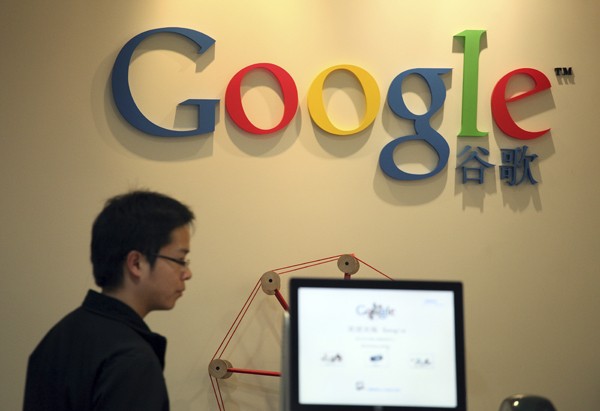Chinese foreign minister announced on Dec. 29, Monday, that the government is not aware that Gmail is not accessible in China. This comes after questions about Gmail's inaccessibility surfaced in a national scale. Apparently, all of China cannot access Gmail since Dec. 26, Friday.
Hua Chunying, China's foreign ministry spokesperson, announced in a press conference last Monday that "China always welcomes and supports foreign investors' legal business operations in China and will continue to provide an open, transparent and fair environment for foreign enterprises."
The announcement came after a widespread public discussion about China's netizens not being able to access their Gmail accounts. Chinese Internet users found out last Saturday that Gmail is inaccessible even through third-party apps. Google's own report shows real-time drop in China traffic since last Friday. Users who are expecting emails were forced to use VPNs.
William Long, one of China's tech bloggers, said that Gmail has been inaccessible since May but Gmail service via IMAP, SMTP and POP3 had been unaffected.
Long added that "if Google could change its server and direct its users to other places, Chinese mainland citizens could regain access to Gmail."
A member of GreatFire.org, a censorship watchdog, said: "Imagine if Gmail users might not get through to Chinese clients. Many people outside China might be forced to switch away from Gmail."
A user on Sina Weibo who is a United States student said, "I registered my university email account on Gmail. I only come home [China] for vacation and now I have totally lost my connection with the university. This is a disaster for those who study overseas."
Businesses, mostly corporations, are affected by the inaccessibility since a huge number of users of Gmail are corporate. The cost of moving a mailbox is too high, and because of this, most users will not consider it.
Established in 2004, Google's Internet email service has over 500 million users globally.



























